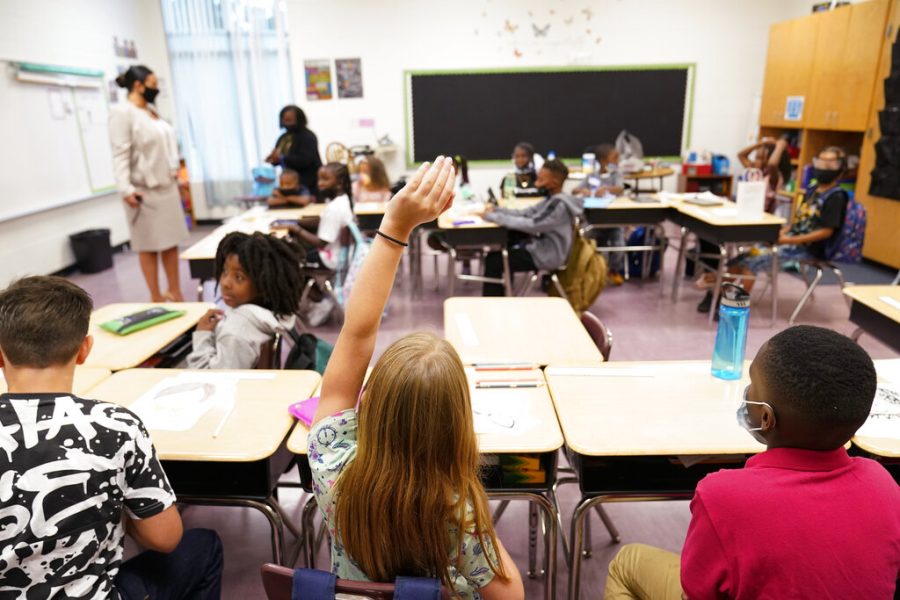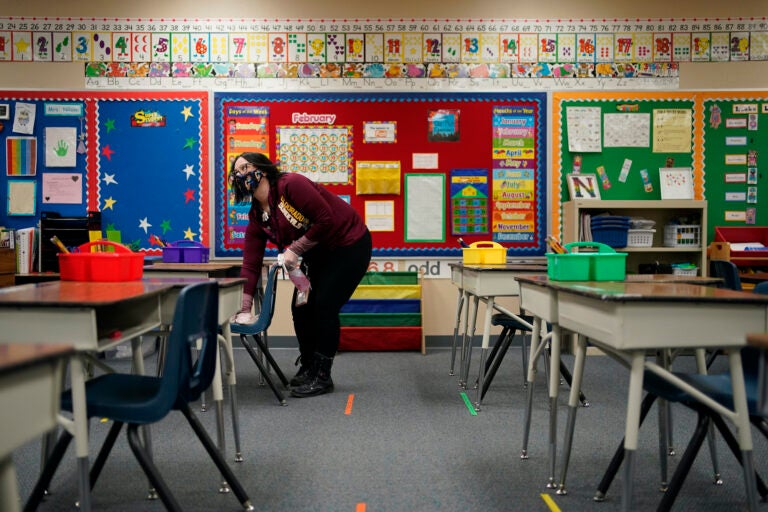Sign Up With Us: Events and Initiatives to Save Temecula Schools
Sign Up With Us: Events and Initiatives to Save Temecula Schools
Blog Article
Comprehending the Importance of Schools in Child Growth and Neighborhood Growth
Institutions' interaction with local communities through service-learning initiatives reinforces the bond in between family members and instructional organizations. This cooperative connection highlights the importance of colleges in supporting active citizenship and long-lasting knowing practices.
Academic Achievement
Academic success functions as a cornerstone of child growth, offering the foundation upon which future knowing and success are built. Schools play a critical duty in promoting this academic growth, supplying structured environments where youngsters can get necessary understanding and cognitive skills. Standard educational program make certain that trainees gain effectiveness in core subjects such as maths, science, and language arts, which are crucial for both higher education and specialist possibilities.
Along with imparting fundamental scholastic skills, schools also cultivate essential reasoning, analytic abilities, and intellectual interest. These cognitive competencies are essential for navigating complex real-world scenarios and adapting to the ever-evolving needs of the modern-day office. Teachers, as facilitators of understanding, utilize varied pedagogical methods to satisfy different learning styles, therefore making best use of private pupil potential.
Additionally, academic success is carefully linked to self-esteem and motivation. Youngsters that experience academic accomplishments are more probable to establish a favorable self-concept and a lifelong passion for learning. Institutions additionally offer numerous sources, such as collections and technology, which even more enhance the instructional experience and prepare students for a technically sophisticated culture.
Social Skill Advancement
Beyond scholastic achievement, the role of institutions in social skill advancement is important. Schools function as a main location for children to find out and exercise essential social skills such as communication, problem, and teamwork resolution. In the organized atmosphere of a class, pupils interact with peers, instructors, and other college staff, using many opportunities to develop these vital capacities.
Reliable social skill advancement in schools is facilitated with group activities, collaborative projects, and extracurricular programs. These interactions help students comprehend social norms, build empathy, and cultivate a feeling of neighborhood. Group tasks teach trainees how to work together in the direction of an usual goal, pay attention to various point of views, and navigate differences constructively.

The cultivation of social skills throughout academic year lays a foundation for future individual and expert partnerships. Save Temecula Schools. As trainees grow, the ability to properly work together and communicate becomes significantly crucial, highlighting the institution's crucial duty in holistic kid advancement
Direct Exposure to Diversity
Exposure to variety in schools is basic to cultivating an inclusive frame of mind and expanding students' perspectives. Schools work as a microcosm of the wider society, and encountering diverse societies, languages, next and socioeconomic histories within this atmosphere furnishes students with important skills for browsing a progressively globalized world. This exposure encourages empathy, lowers bias, and advertises common regard among peers.
Varied classrooms likewise enhance cognitive and social development. Study indicates that pupils who interact with peers from different histories exhibit much better analytical skills and creativity. They discover to appreciate different point of views, which enhances classroom conversations and cultivates a much more vibrant understanding experience. This understanding of variety prepares pupils for future offices that value modern competence.

Neighborhood Engagement
The benefits of varied classrooms prolong beyond the college wall surfaces, fostering a solid sense of neighborhood engagement amongst trainees. By engaging with peers from different cultural, socioeconomic, and ethnic histories, trainees acquire a more comprehensive viewpoint and an admiration for variety. This exposure encourages them to become energetic citizens that agree moved here to contribute favorably to their areas.
Schools that emphasize neighborhood engagement often integrate service-learning projects, which allow pupils to resolve real-world problems while applying academic abilities. These projects not only improve pupils' understanding of their coursework but additionally infuse a sense of responsibility and empathy. Moreover, collaborations in between schools and local organizations give pupils with chances to take part in community occasions, better strengthening their role as proactive community members.
Furthermore, parental and area involvement in institutions enhances the bond in between instructional institutions and the communities they serve. With these efforts, schools play a pivotal role in supporting community involvement and promoting societal growth.
Lifelong Learning Behaviors
Creating lifelong knowing routines is necessary for a youngster's continuous development and versatility in an ever-changing globe. Colleges play a critical function in instilling these practices by creating an atmosphere that cultivates curiosity, critical thinking, and a love for expertise. With extracurricular activities and diverse educational programs, teachers encourage pupils to discover various subjects, analyze info seriously, and apply their discovering to real-world situations.

In addition, schools provide a structured setting where youngsters can develop self-control and time monitoring skills, both of which are important for continuous discovering. By emphasizing the importance of setting goals, reviewing progress, and adjusting techniques, educational establishments prepare trainees to browse the intricacies of adult life, guaranteeing they stay lifelong learners and contributors to society.
Verdict
To conclude, colleges are essential in fostering youngster growth and area development by providing environments conducive to scholastic success, social ability advancement, and direct exposure to variety. Via collaborative tasks and communications, schools enhance vital reasoning, compassion, and interaction skills. Community interaction initiatives even more enhance the bond in between local communities and educational establishments. Ultimately, schools grow lifelong learning routines, outfitting individuals with the essential expertise and abilities to contribute positively to culture.
In the structured setting of a classroom, students engage with peers, instructors, and various other institution personnel, supplying numerous chances to establish these important capacities.
In essence, direct exposure to variety within colleges not only enhances private trainees yet also strengthens the social fabric of the community as a whole.
The advantages of diverse classrooms prolong past the institution wall surfaces, cultivating a solid feeling of area involvement among trainees.Schools that stress neighborhood engagement frequently include service-learning tasks, which permit pupils to this contact form attend to real-world issues while using academic abilities. Partnerships in between schools and neighborhood organizations provide trainees with chances to take part in community events, better solidifying their function as aggressive neighborhood members.
Report this page